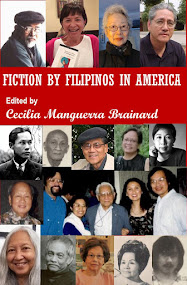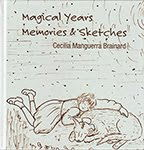The movie, The Labyrinth, was set in Carcasonne, France, a place I've visited, so it was nice to remember the lovely mountaintop medieval place.
I had not known until I saw the movie that the Albingensians/Cathars had lived there and were annihilated after Pope Innocent III declared a crusade against them. The Cathars were around in the late 11th century, and they were extinguished in the 14th century.
The movie was mildly interesting, not great, but it got me thinking about how religions can kill in the name of God. The genocide of the Cathars is an example. The Inquistion was another case where the Catholic church sanctioned,and in fact, organized the torture and killing of so-called heretics.
I've come to realize that underlying the religious motive for persecuting non-Catholics was an economic reason. The officials could take away land and properties of those who were judged guilty of heresy. I quote from Sanderson Beck's article on Castile, Aragon, Granada, and Portugal 1400-1517 -- note the cruelty of this organized persecution:
Religious intolerance in France and England in the 16th and 17th centuries drove away the English Puritans and French Huguenots from their countries.
Persecution in the name of God is happening right now -- just turn your gaze toward Africa and the Middle East.
So now I'm wondering if God really wants us to persecute and kill in the name of religion.
I think not.
This kind of persecution is not about God, but about Power. Underneath the "good" intentions and justifications, it's one group dominating others for control, for wealth.
To kill, harm, persecute, steal seems anti-religion, anti-God. The God in my mind does not want the destruction of man in His name. My God wants people to have peace, happiness, health, all the good things that can be had. My God wants all of us to help one another so each person can attain a decent level of dignity. My God wants us to become the best that we can be as human beings, to blossom as it were in our humanity.
~~~
Photos courtesy of Wikipedia
Read also
Muslims Condemn ISIS
Syria War: A Layperson's View of Assad's Comeback
Pre-colonial Gold in Cebu, Philippines
Tags: religion, Christianity, Cathars, Albingensians, heresy, Inquisition, Catholics, genocide, crusades
This is all for now,
Cecilia






























No comments:
Post a Comment